When 'Tubthumping' stars Chumbawamba took part in the miner's strike, and wrote a song about Fitzwilliam, near Hemsworth


But 12 years previously, when Chumbawamba were a penny-counting punk band not long out of uni, they wrote a song about the miner’s strike, centred around the pit village of Fitzwilliam, near Hemsworth.
Among all but Chumbawamba’s closest followers, the song has remained an unknown quantity. Here is the story of that song, the events that inspired it and why the group treasures it.
Advertisement
Hide AdAdvertisement
Hide Ad“We were influenced by other political bands, but at the same time we knew we weren’t anything like them,” says Boff Whalley, the Chumbawamba guitarist who wrote the lyrics to ‘Fitzwilliam’.
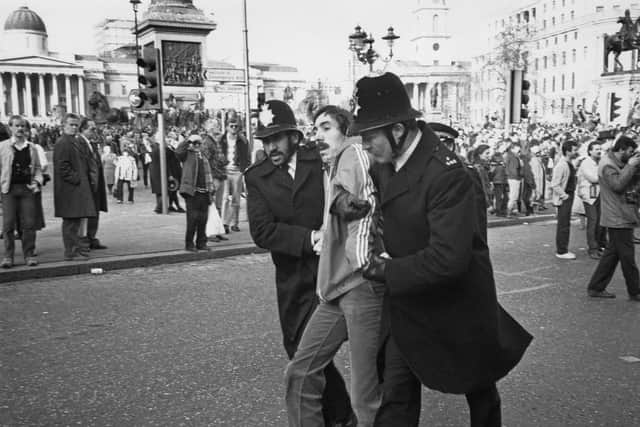

The band was formed by 10 politically charged Leeds Uni students, who lived together in an old Victorian house in Armley.
After their Tubthumping success, the band would notoriously encourage fans to steal their record if they couldn’t afford it, and threw a bucket of water over deputy Prime Minister John Prescott. More on that later.
But the roots of their anarchic approach to the world lay in their formative years in the early 1980s.
Advertisement
Hide AdAdvertisement
Hide Ad“We were different kinds of people but we shared ideas about things like the miners’ strike, war and the government,” Whalley, now 60, recalls.
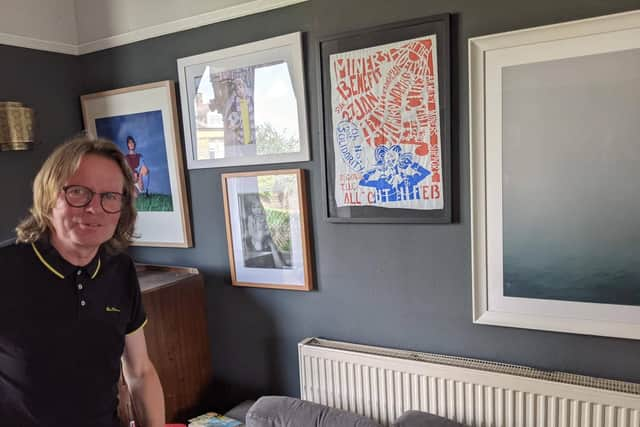

“Some were more active than others, but that was a good thing really.”
The band’s members came from working class backgrounds in, among other places, Billingham, Barnsley, or in Whalley’s case, Burnley.
As a result, he says that when the year-long strike started, as it did in the spring of 1984, it became a natural movement for the band to involve themselves in.
Advertisement
Hide AdAdvertisement
Hide AdMeanwhile, at Kinsley Drift Mine, a little to the south of Fitzwilliam, a then 17 year-old Pete Wordsworth is among the youngest pit workers to be caught up in the industrial action.
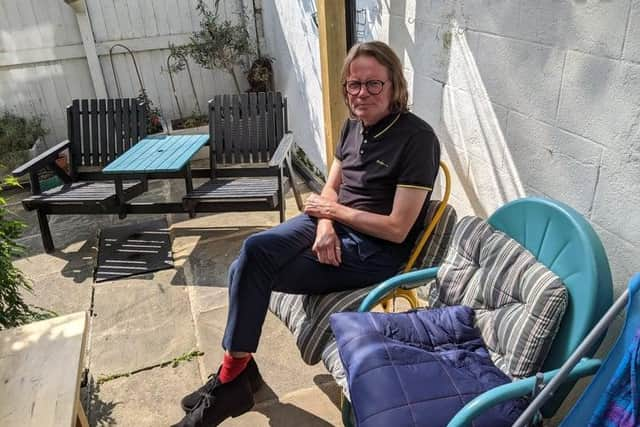

He’s been in the job less than a year after joining straight out of school. His dad Graham, known as Greg to his mates, works there too.
Pete, who is now the deputy mine manager at the National Coal Mining Museum in Wakefield, recalls: “After I started, I was feeling pretty well established.
“I was earning money, which I obviously wasn’t before and I was working with my dad. So I was in a comfort zone.”
But then everything changed when the strike was called.
Advertisement
Hide AdAdvertisement
Hide Ad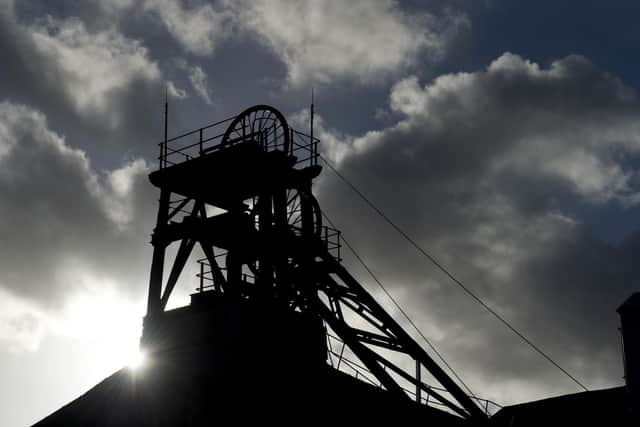

“My mum didn’t work so there was no income all of a sudden," Pete adds. "So for 12 months it was just a case of getting by.
“Without friends and family I dread to think what would have happened.”
As Pete admits, the nationwide strike which started in 1984 and lasted a year “wasn’t a total surprise”.
Relations between miners and Margaret Thatcher’s government had been in freefall over proposed pit closures since the start of the decade. Things came to a head as the National Union of Mineworkers (NUM) claimed there were secret plans to close 70 pits, as opposed to the 20 publicly announced.
Advertisement
Hide AdAdvertisement
Hide AdMinisters strongly denied any such plans, but Cabinet papers from the time, released for the first time in 2014, proved the claim was accurate.
Eager to show solidarity, members of Chumbawamba joined the picket lines in Frickley, South Elmsall, and spent time with mining families and support groups for the wives.
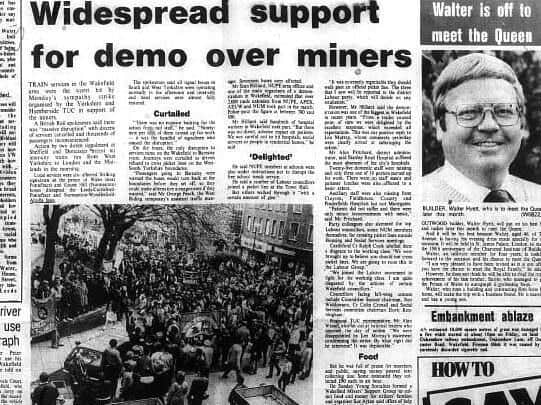

In an effort to offer practical as well as moral support, the band linked up with another punk group to play a UK-wide benefit tour to raise cash.
But a “knackered old tour bus”, which Whalley says “broke down all over the country”, cost them dearly.
Advertisement
Hide AdAdvertisement
Hide Ad“Because of the bus, we ended up making about £60 from a 10 day tour,” he recalls.
“Around the same time we’d stand outside shopping centres with buckets for the Frickley Miners Support Group and we’d make £60 in a day. At that point, we realised we’re doing this wrong.”
Back on the picket lines, Whalley admits he was surprised to find that the atmosphere was not all doom and gloom.
“Before I went down you think of these blokes who’ve got no money, and you think they’re always stood round fires and it’s awful," he explains.
Advertisement
Hide AdAdvertisement
Hide Ad“But then you get there and they’re all just having a laugh and taking the p***. "And then you realise, of course they are, because they’re just like everyone else.”